Summary | Excerpt | Reviews | Beyond the Book | Readalikes | Genres & Themes | Author Bio

How a Father's Love and 15,000 Books Beat Hip-hop Culture
by Thomas Chatterton Williams
One afternoon I came home from the barbershop sporting an
aerodynamic new hair creation of my own. “What on earth did you
let them do to you, son?” Pappy said as soon as he saw me. (Our
house was not spacious; the front door opened directly into Pappy’s
study, which he had converted from what ordinarily would
have been a living room. To enter the house was literally to step
into his scrutinizing gaze.)
“Huh?” I said, touching my hand to my head. The top was so flat
and cylindrical it resembled an unused No. 2 pencil eraser; the
sides and the back were shaved all the way down, revealing a shaft
of high-yellow scalp.
“What, they didn’t listen when you told them what you wanted?”
“No, they did,” I said. “This is what I wanted.”
“You wanted that?”
“Well, yeah, it’s what everyone is wearing, Babe; it’s what’s on
BET and in all the magazines.” (We call my father Babe when speaking
to him casually, kind of a tu to the vous of Pappy.)
“And you want to look like everyone else, son? Is that what you
want?” He was staring at me intently now.
I stood there before him, studying the Air Flights on my feet. I
didn’t have a response he would find remotely respectable. The
thing is that I did want to look like everyone else—everyone else
in the barbershop and on that TV screen. After all, even in the backseat
of a big ol’ Murrsaydeez, the woman on the balcony would
never mistake a brother with a flattop like this for being white.
Annoyed or dismayed by my new coif as he was, though, Pappy
allowed Clarence and me a generous amount of latitude when it
came to our personal style, as long as we were giving him our best
efforts in what he cared about most: the development of our minds.
What this meant, giving him our best, was not that we were pressured
to place first in our classes or even to get straight A’s on our
schoolwork, although it would have been welcome if we did. We
were expected to maintain decent grades, but it was deeper than
that. Pappy, no longer working as a sociologist, now put his PhD
and extensive store of personal knowledge and reading to use running
a private academic and SAT preparation service from our
home. From the second grade on, giving Pappy our best meant we
needed to try hard in school, but much more important than that,
we needed to study one-on-one with him in the evenings and on
the weekends, on long vacations, and all throughout the summer
break. If we could not do that, he was able to make our home the
most uncomfortable inn to lodge in. When Clarence began blowing
off work, he didn’t just get grounded, he came home to find his
bedroom walls stripped bare, his Michael Jordan and Run-D.M.C.
posters replaced with pastel sheets of algebra equations Pappy
had printed out and tacked up.
As for me, the first time Pappy called me into his study to explain
my summer schedule, I was seven and my eyes betrayed me,
welling with tears against my will. When he looked up from his
notes and saw this, he got so offended that he stormed out of the
room and I fell into my mother’s lap crying. I did not want to do the
work he had planned for me. I wanted to play with my friends and
have sleepover parties. I wanted to capture fireflies in ventilated
Smucker’s jars and beat Super Mario Brothers on Clarence’s Nintendo.
That was the truth. However, more than anything, I wanted
not to disappoint my father. With my mother’s encouragement and
some Kleenex, I followed Pappy into his bedroom and told him that
I had just had something in my eye and that, in fact, I had not been
crying. I was eager to start studying, I told him. He suspended his
disbelief and led me back to his desk, where he proceeded to lay
out an intensive program of regimented work in syllogistic and
spatial reasoning, vocabulary-building, Miller analogies, arithmetic,
and reading comprehension—his signature cocktail.
Excerpted from Losing My Cool by Thomas Chatterton Williams. Copyright © 2010 by Thomas Chatterton Williams. Excerpted by permission of Penguin Press. All rights reserved. No part of this excerpt may be reproduced or reprinted without permission in writing from the publisher.

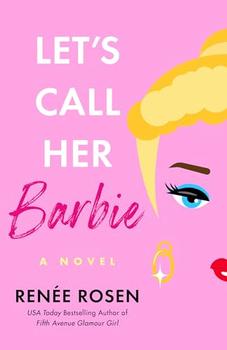
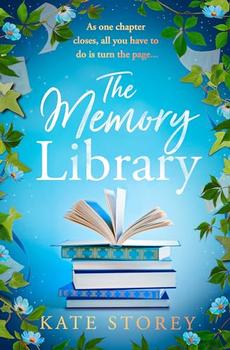
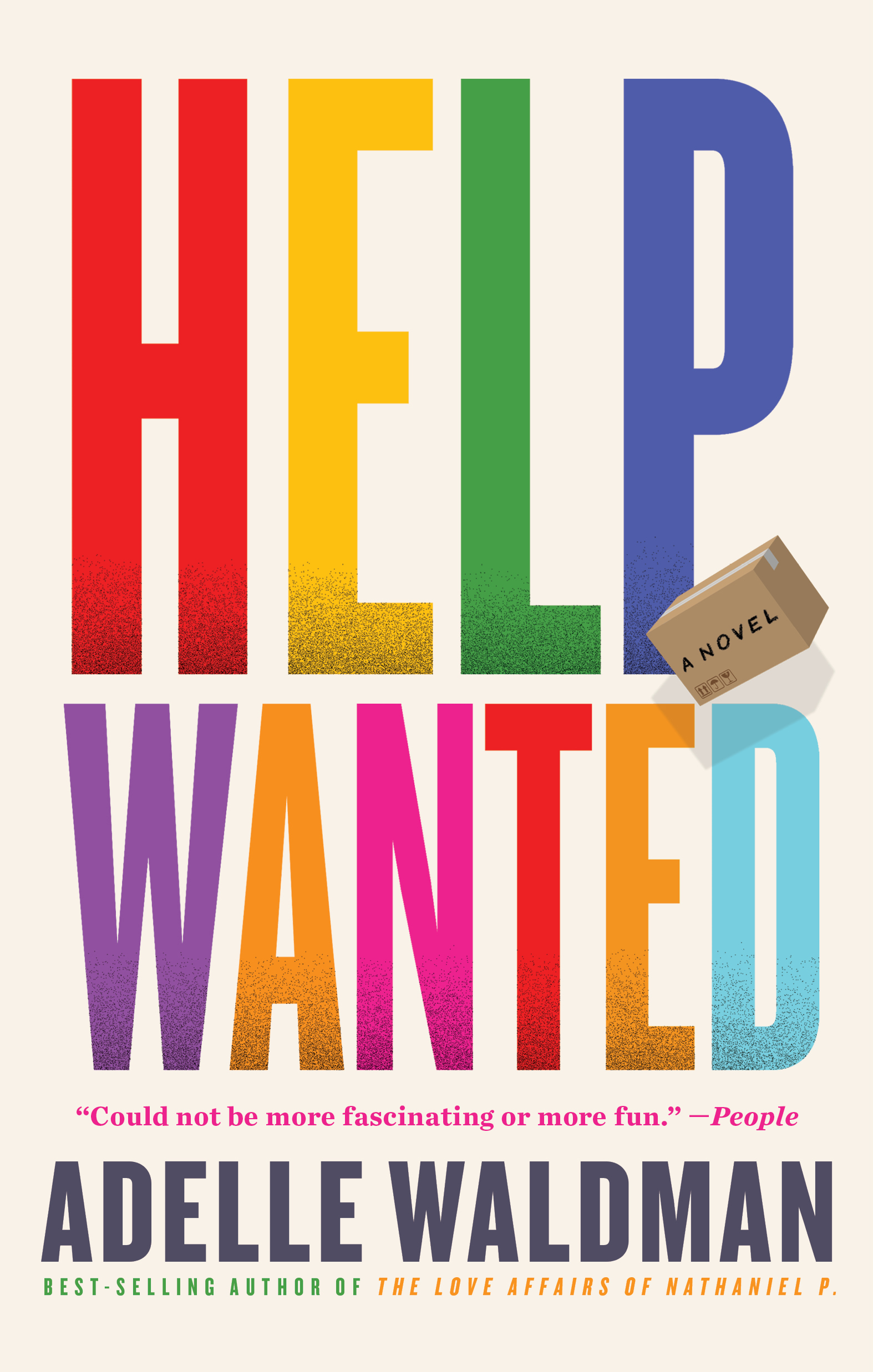
Help Wanted by Adelle Waldman
From the best-selling author of The Love Affairs of Nathaniel P. comes a funny, eye-opening tale of work in contemporary America.
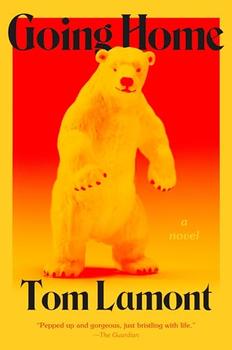
Going Home
by Tom Lamont
Going Home is a sparkling, funny, bighearted story of family and what happens when three men take charge of a toddler following an unexpected loss.
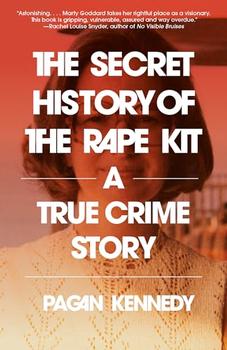
The Secret History of the Rape Kit
by Pagan Kennedy
The story of the woman who kicked off a feminist revolution in forensics, and then vanished into obscurity.
Your guide toexceptional books
BookBrowse seeks out and recommends the best in contemporary fiction and nonfiction—books that not only engage and entertain but also deepen our understanding of ourselves and the world around us.